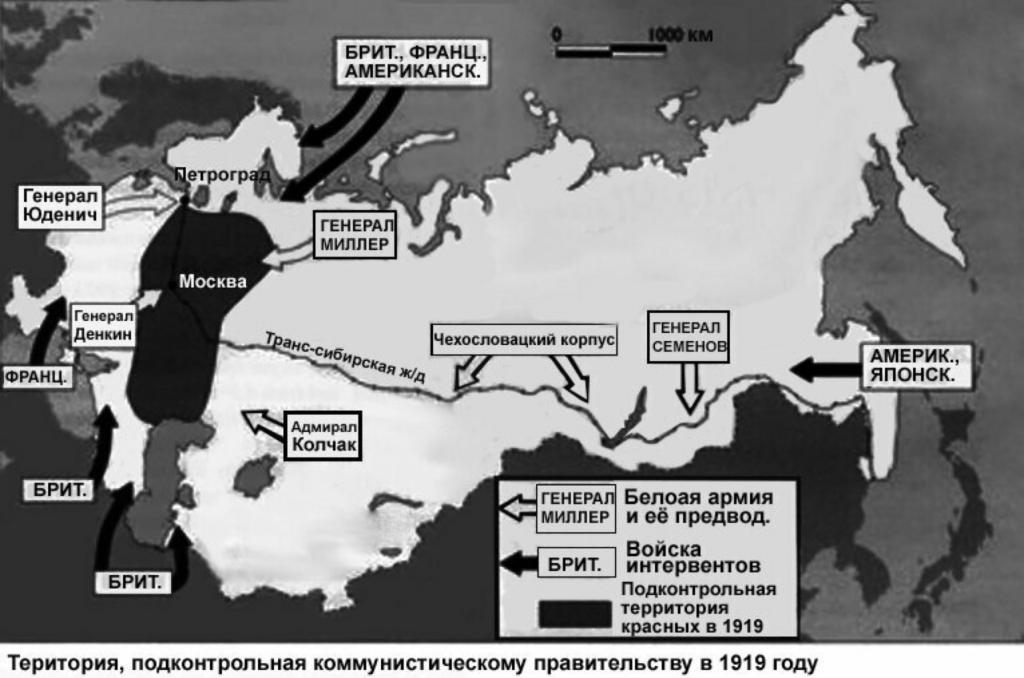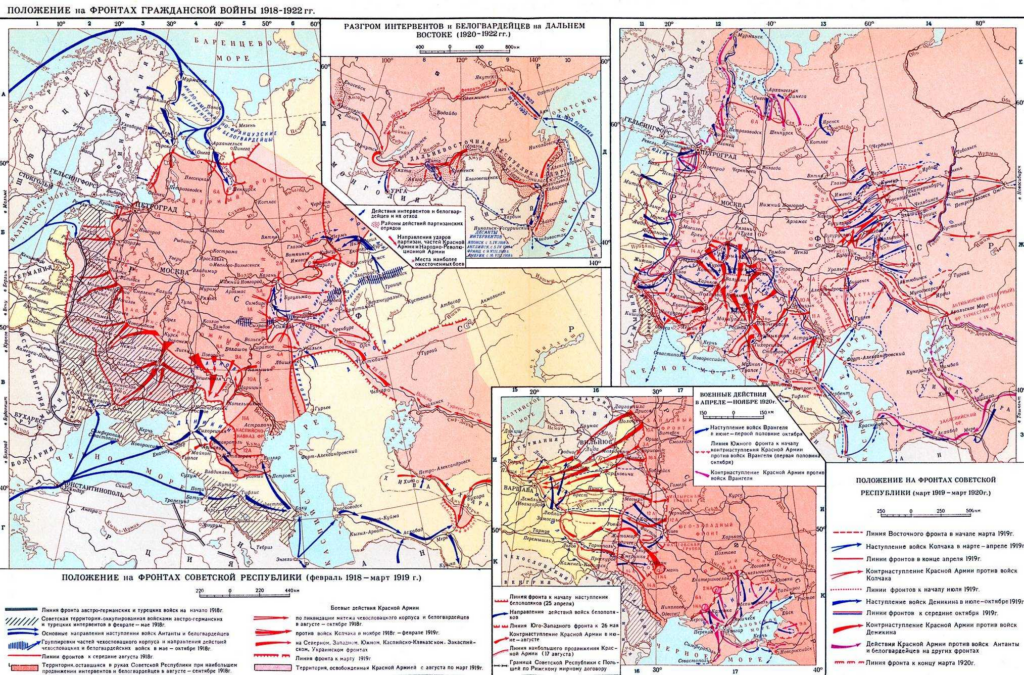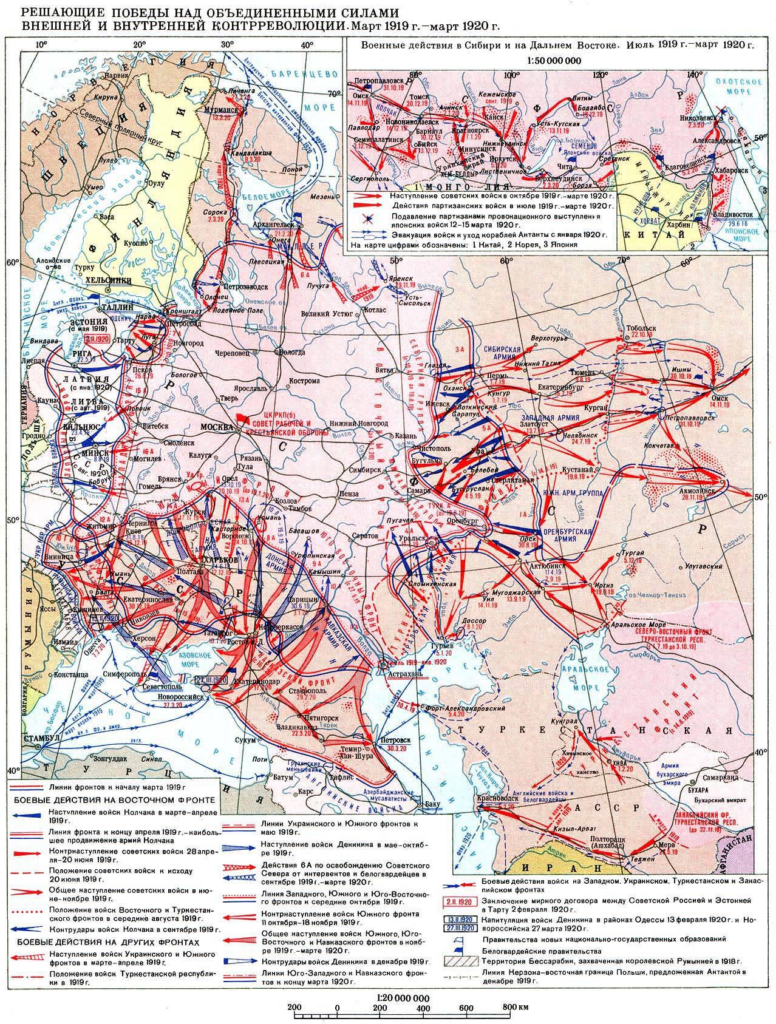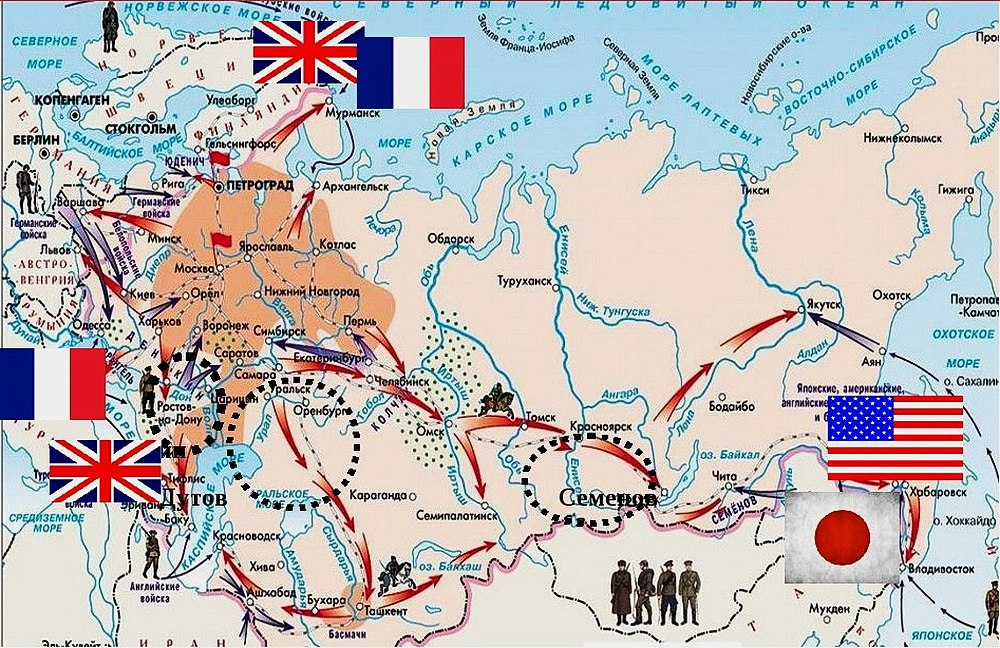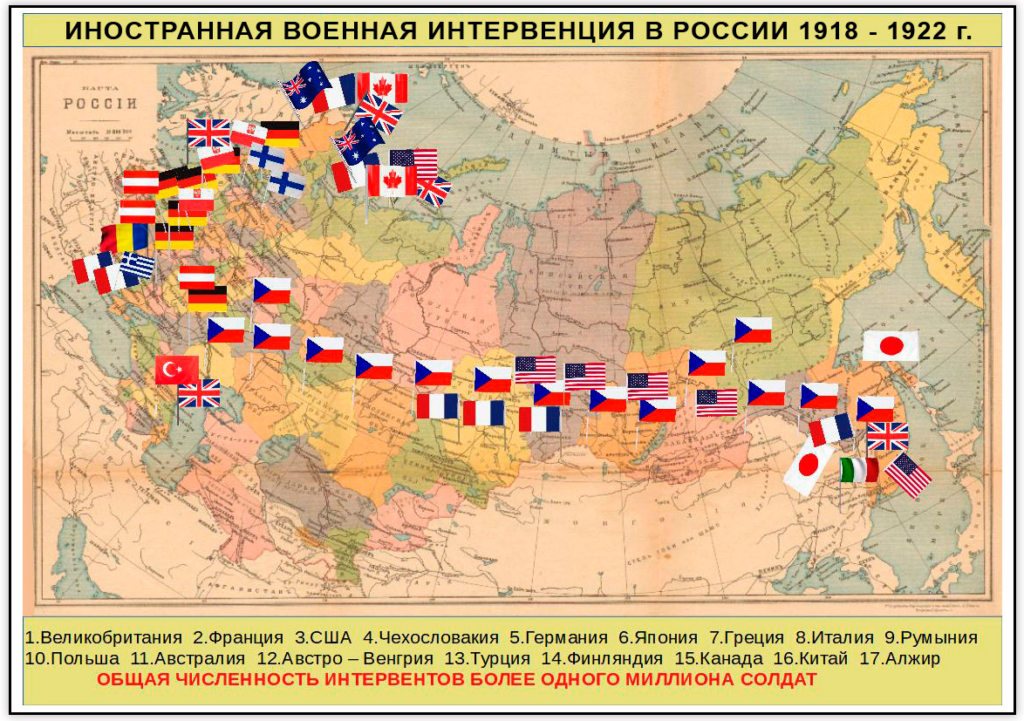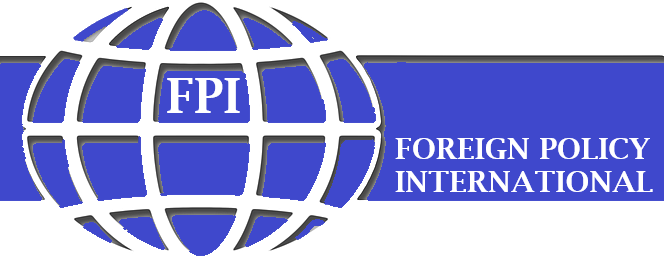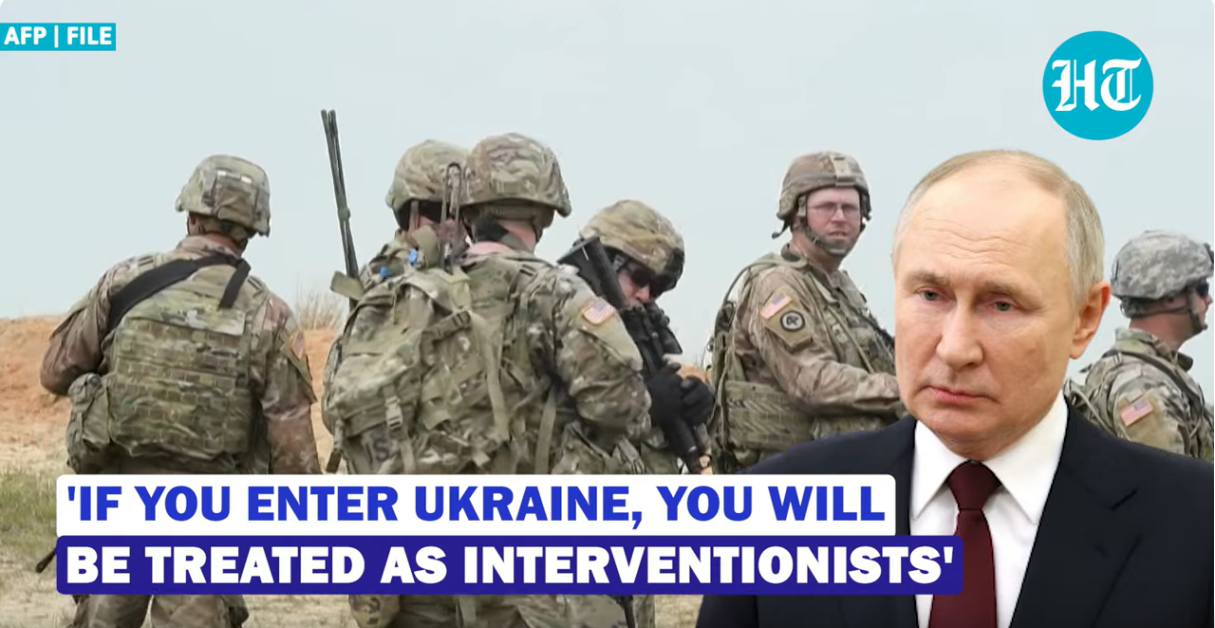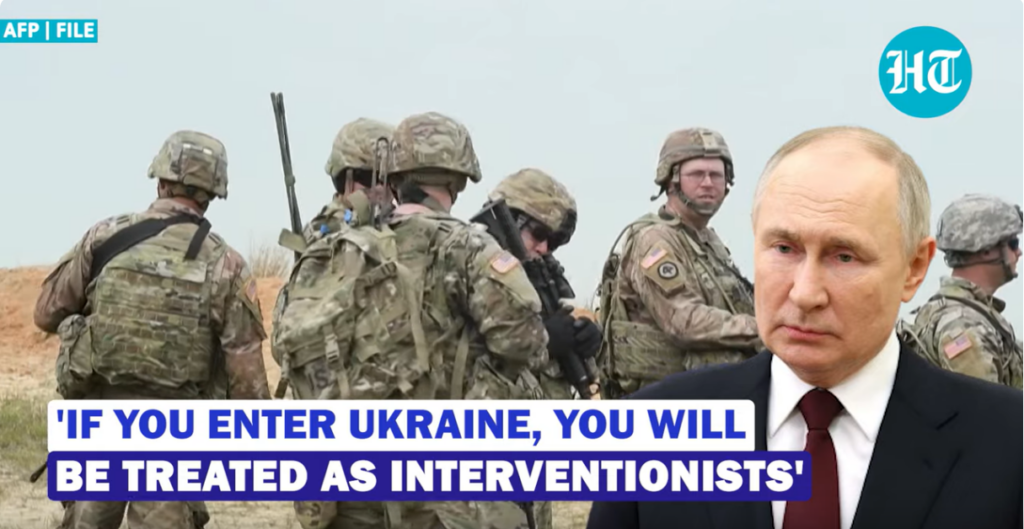
Interventionalist – was meint Putin damit?
Putin meint die West- Intervention, die von 1919 bis 1922 in Russland stattfand / hier die Teilnehmer dieser Intervention:
| 1812 | 1919-1922 | 1941-45 | 2003-(2014)-2022 2022 – x? | |
| Leading | France | USA, UK, France and UK-Colonies | Germany | USA, UK, France |
| Austria, Prussia, Germany= Rhine Confederation | (Germany+Austria) Czechoslovak Legion | Austria + Czech Rep.= part of Germany | ||
| Italy, Naples, Switzerland, Spain | Italy, White Movement | Italy, Spain=(S) | ||
| X | China, Japan | Japan=(S) | ||
| Denmark-Norway Lithuania | X Estonia, Latvia | Finland Sweden=(S) | ||
| Poland, Duchy of Warsaw | Poland, Romania, SHS (=Serbia, etc.) | Romania, Hungary, Slovakia | ||
| (S)=Support | Austria of 1812= Czech, Slovak, Hungary, (Italy), Slovenia, Croatia | Belarus, Ukraine, Georgia, Greece, Ottoman Empire | Montenegro, Croatia, Albania (S)= Portugal +Turkey+Bulgaria, | Ukraine ***NATO-Troops Unkraine |
| Rhine Confederation: Westphalia, Baden, Württemberg, Berg, Hesse, Bavaria, Saxony, UK-Colonies: India, Canada, Australia, South Africa (Germany+Austria)= Should secure Russian territory with their troops, until the allied forces arrive *** Polish Foreign Minister – March 2024: NATO troops are currently in Ukraine | ||||
Foreign intervention
The Allied governments now had to decide on their policy in the confused Russian situation. The original purpose of intervention, to revive an eastern front against Germany, was now meaningless. Russian exiles argued that, since the pre-Bolshevik governments of Russia had remained loyal to the Allies, the Allies were bound to help them. To this moral argument was added the political argument that the Communist regime in Moscow was a menace to the whole of Europe, with its subversive propaganda and its determination to spread revolution.
At the beginning of 1919 the French and Italian governments favoured strong support (in the form of munitions and supplies rather than in men) to the Whites (as the anti-Communist forces now came to be called), while the British and U.S. governments were more cautious and even hoped to reconcile the warring Russian parties. In January the Allies, on U.S. initiative, proposed to all Russian belligerents to hold armistice talks on the island of Prinkipo in the Sea of Marmara. The Communists accepted, but the Whites refused. In March the U.S. diplomat William C. Bullitt went to Moscow and returned with peace proposals from the Communists, which were not accepted by the Allies. After this the Allies ceased trying to come to terms with the Communists and gave increased assistance to Kolchak and Denikin.
Direct intervention by Allied military forces was, however, on a very small scale, involving a total of perhaps 200,000 soldiers
